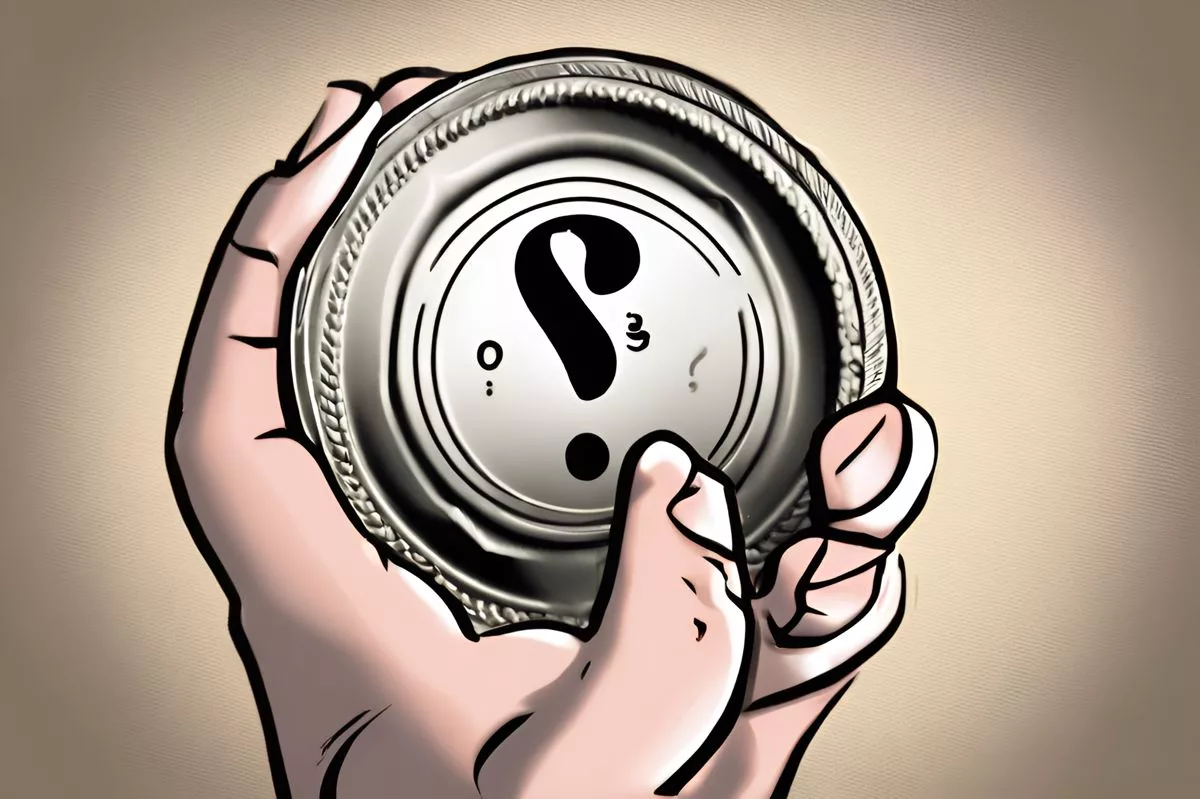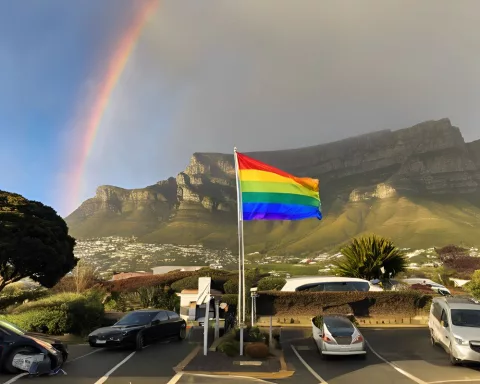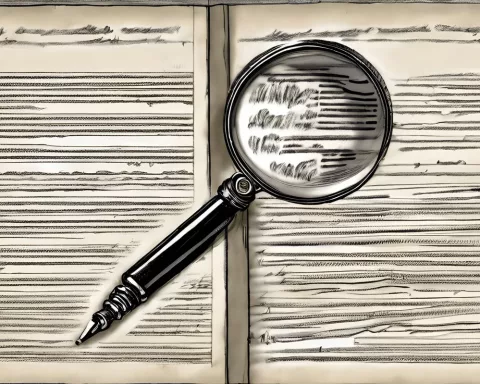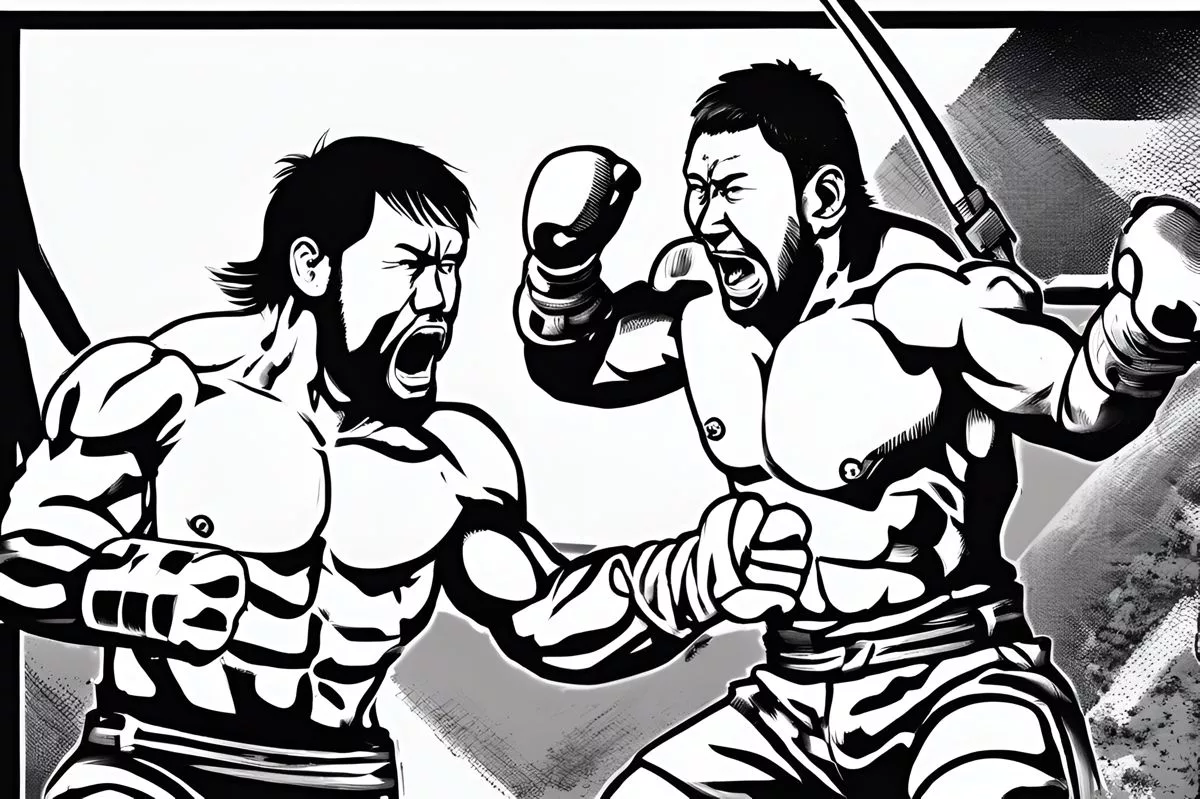South Africa’s President, Cyril Ramaphosa, is advocating for the implementation of a basic income grant as a safety net for the unemployed, a need that is echoed by many economists, social workers, and activists. The implementation of a basic income grant presents challenges, but its success could have a significant impact on other countries grappling with similar socio-economic difficulties. South Africa’s progression towards a basic income grant could mark a significant milestone in the annals of global economic history.
South Africa’s President, Cyril Ramaphosa, supports the implementation of a basic income grant as a safety net for the unemployed. This urgent need for a comprehensive social support system has been echoed by many economists, social workers, and activists. The implementation of a basic income grant, however, is riddled with challenges, and its success could have a significant impact on other countries grappling with similar socio-economic difficulties.
A Call for a Comprehensive Safety Net
South Africa’s socio-economic scene is brimming with both hope and despair, walking a fine line. The urgent need for a comprehensive safety net for the unemployed is palpable, given the fiscal limitations and political opposition. This urgency has been echoed by none other than South Africa’s President, Cyril Ramaphosa.
As the President of the African National Congress (ANC), Cyril Ramaphosa used the party’s recent annual strategic assembly as a platform to stress this need. With Finance Minister Enoch Godongwana’s impending annual budget announcement on February 21, the ANC is preparing for what is anticipated to be a challenging political battle since they came to power in 1994.
Ramaphosa’s support for a basic income grant stems from a pressing reality. Despite numerous attempts to stimulate the economy, a large portion of working-age adults in South Africa remain jobless. This unfortunate group has little to no support and a bleak job outlook, at least until there is an uptick in economic growth. Ramaphosa pointedly observed the plight of these millions of unemployed adults who have little to no support and prospects for employment until there is economic growth.
The Case for a Basic Income Grant
Ramaphosa strongly advocates for a targeted, permanent income-support grant for the unemployed, referring to it as a ‘basic income grant’. His sentiments mirror those of many economists, social workers, and activists who have often espoused the benefits of such a system, particularly in a developing economy with high and disparate unemployment rates.
Interestingly, a basic income grant isn’t a novel concept in South Africa. During the Covid-19 pandemic, a temporary allowance, seen as a potential forerunner to the basic income grant, was introduced. This short-term allowance served as a lifeline to more than 2 million people, warding off poverty and providing a vital safety net during a period of upheaval.
However, the government attempted to discontinue this unsupported grant due to budgetary restrictions but was forced to reestablish it several times in response to internal disruptions like the 2021 civil unrest, which caused an astounding R50 billion loss to the economy. This emergency solution significantly highlighted the need for a more robust and permanent solution.
The Roadblocks and Future Prospects of Basic Income Grant Implementation
In November of last year, Finance Minister Godongwana extended the R350 monthly payout until March 2025. Yet, he emphasized the need for a comprehensive reform of the social-support system, a sentiment that aligns with President Ramaphosa’s recent assertions.
Nonetheless, the implementation of this basic income grant is riddled with challenges. The National Treasury, for instance, has resisted proposed spending reductions, as disclosed by Edgar Sishi, head of the budget office, at a central bank conference last year. The political repercussions of such moves often make leaders hesitate to withdraw support, notwithstanding fiscal pressures.
As South Africa contends with its socio-economic realities, the concept of a basic income grant becomes increasingly prominent. It presents as a promising but challenging approach to ensure the basic needs of its jobless population. Whether this audacious plan will come to fruition remains to be seen. Until then, the discussions and debates will persist in the corridors of power and beyond.
Potential Global Impact of a Successful Implementation
Should such a plan succeed, it would not only be a victory for South Africa but could also provide a model for other countries grappling with similar socio-economic difficulties. As the world watches, South Africa’s progression towards a basic income grant could mark a significant milestone in the annals of global economic history.
What is South Africa’s President advocating for?
South Africa’s President, Cyril Ramaphosa, is advocating for the implementation of a basic income grant as a safety net for the unemployed.
Why is there a need for a basic income grant in South Africa?
Despite numerous attempts to stimulate the economy, a large portion of working-age adults in South Africa remain jobless. This unfortunate group has little to no support and a bleak job outlook, at least until there is an uptick in economic growth.
What is a basic income grant?
A basic income grant is a targeted, permanent income-support grant for the unemployed. It is seen as a potential solution to provide a safety net for those who are jobless.
Has South Africa implemented a similar system in the past?
During the Covid-19 pandemic, a temporary allowance, seen as a potential forerunner to the basic income grant, was introduced. This short-term allowance served as a lifeline to more than 2 million people, warding off poverty and providing a vital safety net during a period of upheaval.
What are the challenges in implementing a basic income grant in South Africa?
The implementation of a basic income grant is riddled with challenges, including fiscal limitations, political opposition, and proposed spending reductions by the National Treasury.
What is the potential global impact of a successful implementation of a basic income grant in South Africa?
Should such a plan succeed, it could provide a model for other countries grappling with similar socio-economic difficulties. South Africa’s progression towards a basic income grant could mark a significant milestone in the annals of global economic history.











